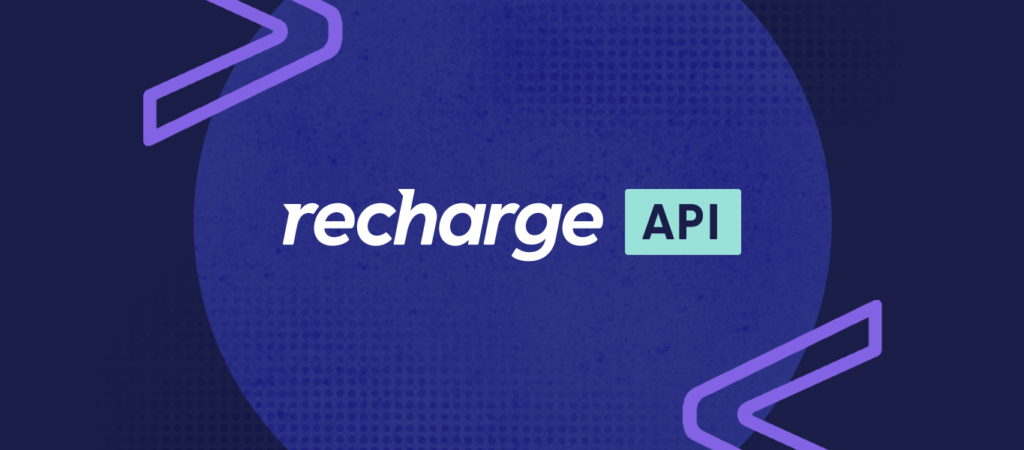Disintermediation
1 min read
What is disintermediation?
Disintermediation refers to removing intermediaries from a process, distribution channel, transaction, or supply chain. It is informally known as “cutting out the middlemen.” As a business strategy, disintermediation allows producers to sell directly to consumers, and consumers to deal directly with those producers in return. This can lower prices around servicing customers, increasing the overall profit margin for a business. It can also give businesses greater control over the customer experience, as they have a more direct relationship with the end consumer. However, this strategy may at times increase shipping costs when businesses ship directly to individual consumers rather than a centralized location.
Examples of the disintermediation business model
Disintermediation occurs in a variety of industries and appears in a multitude of forms. While this concept originated in the financial industry, it is frequently used today with regards to online retailers and the DTC (direct-to-consumer) business model. Producers who choose to stop selling to third-party sellers and instead sell directly to customers are practicing disintermediation. When a traveler chooses to book hotel rooms directly from the hotel, rather than via a third-party hotel bookings website, this is also an example of disintermediation.



